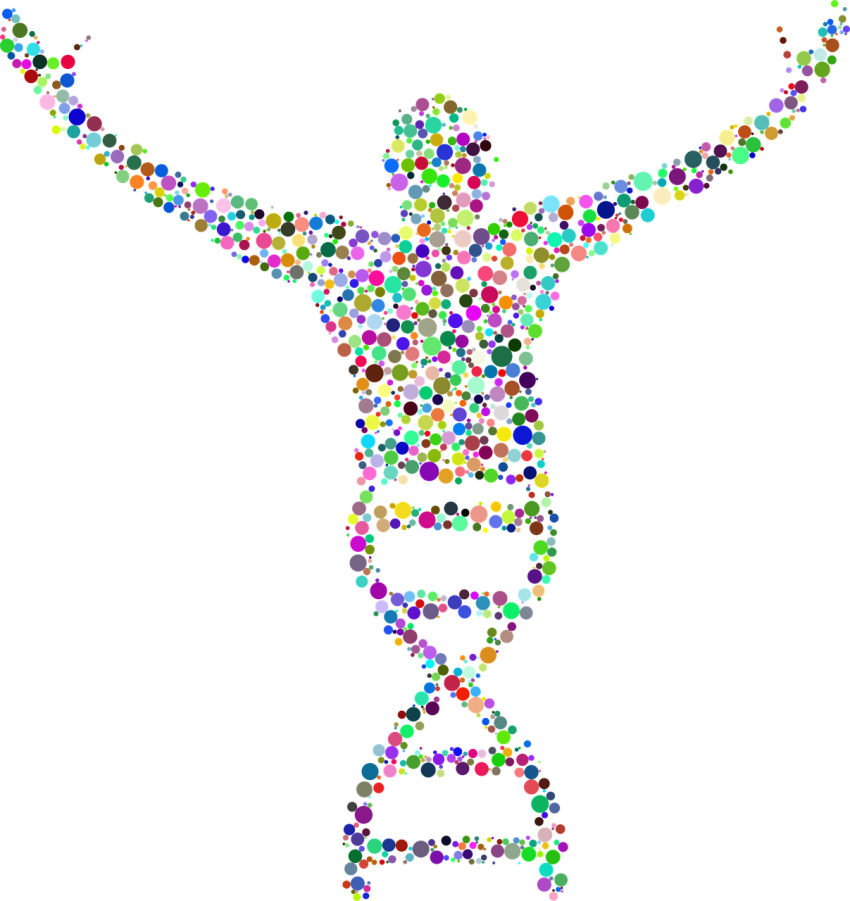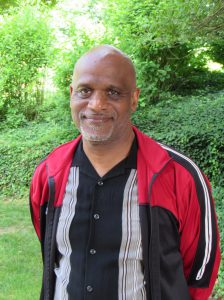“Those who cannot remember the past are condemned to repeat it.”
This aphorism is commonly attributed in some form to Winston Churchill, Edmund Burke, and others. But PTS Doctor of Ministry student the Rev. Raymond (Ray) Allen will remind you that the quote was originally written by Spanish American philosopher George Santayana in his book The Life of Reason.
“We have to be diligent about justice work so that we do not repeat the past,” Ray says.
His commitment to justice and to remembering history is what motivates Ray’s ministry. For 16 years he has served as pastor of Bethany Missionary Baptist Church in Niagara Falls, N.Y., and has been a community organizer there for more than four decades. Until recently he was a community policing aide with the Niagara Falls Police Department, and currently works as the interim community organizer for Niagara Organizing Alliance for Hope, which exists to amplify the voices of the unheard in circumstances of injustice, and to empower people to participate in creating solutions.
Doctor of Ministry Studies
In 2019, Ray began D.Min. studies at PTS as part of the “Parish Focus: Risking Faithfully” cohort. After completing course work, he still hadn’t chosen a subject for his final project. But soon he became interested in DNA and ancestry research.
“What your parents tell you and what’s on your birth certificate isn’t always the full story. Your DNA is the real you,” he argues. “What your parents say, what’s on paper, and what the science says doesn’t always line up.”
Ray knows all about the different DNA and ancestry products available on the market today—why they were started, what they can and can’t tell you, and even the best time of year to buy a kit (around the holidays, when prices drop to entice gift-giving).
Connecting DNA Kits, Theology, and Racial Justice
He also hopes to explore how to think about these things theologically and how they inform his other passion: social justice. “You don’t get too far into Genesis before you come across ancestry. It shows you that ancestry is important in the Bible,” he says. “It gives people a sense of purpose and identity in the larger story.”
But Ray notes that this has been challenging for African Americans, because many of their ancestors were brought here as enslaved people. “This means we did not have a sense of identity, because it was taken from us. We were property,” he says. That makes it difficult to trace ancestry in African American families and communities, and has made it easier to write African Americans out of the American story—intentionally or not.
Ray hopes that his research, and his work as a community organizer in Niagara Falls, N.Y., can change that. He believes that learning more about one’s ancestral identity, and how that ancestry fits into the larger story of this nation, will help us all better remember our shared history. If not, Ray says, we are very likely “condemned to repeat it.”


